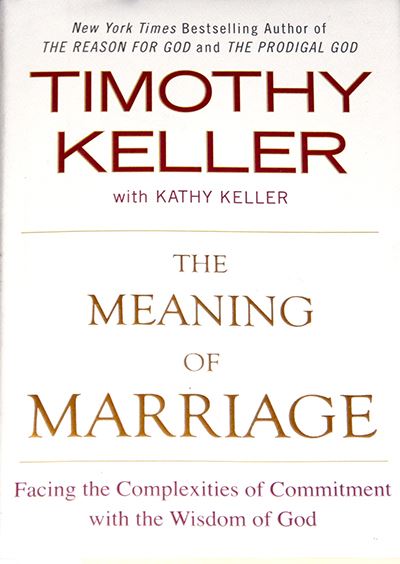Josh Hunt ● www.joshhunt.com ● josh@joshhunt.com ● 1964 Sedona Hills Parkway, Las Cruces, NM 88011
Privacy / Refund / Cancellation / Shipping Policy THIS PRODUCT IS NOT PRODUCED OR WRITTEN BY LIFEWAY CHRISTIAN RESOURCES OF THE SOUTHERN BAPTIST CONVENTION BUT IS INDEPENDENTLY PRODUCED UNDER A LICENSE AGREEMENT. THE CONTENT HAS NOT BEEN REVIEWED OR ENDORSED BY LIFEWAY CHRISTIAN RESOURCES ● SITE MAP
Privacy / Refund / Cancellation / Shipping Policy THIS PRODUCT IS NOT PRODUCED OR WRITTEN BY LIFEWAY CHRISTIAN RESOURCES OF THE SOUTHERN BAPTIST CONVENTION BUT IS INDEPENDENTLY PRODUCED UNDER A LICENSE AGREEMENT. THE CONTENT HAS NOT BEEN REVIEWED OR ENDORSED BY LIFEWAY CHRISTIAN RESOURCES ● SITE MAP
Powered by Wild Apricot Membership Software




